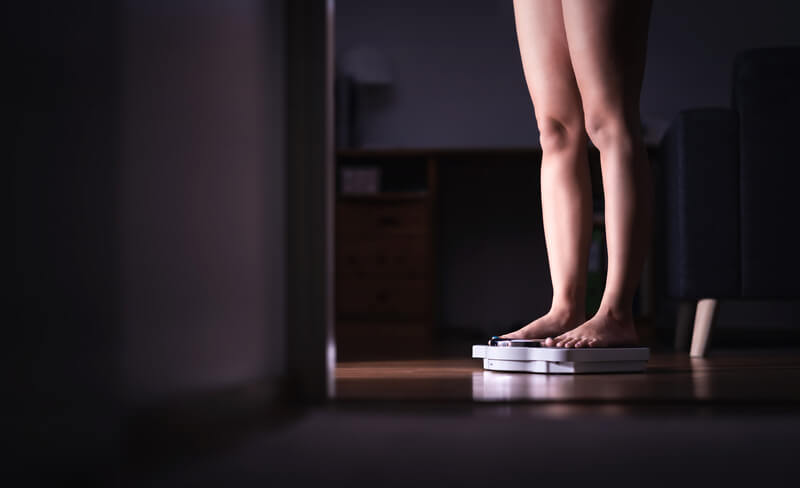One-third of the population says they’re on a diet at any given time.
Nineteen out of 20 of those individuals fail to reach their goals.
What gives?
Often, dieters fail to take into account the importance of sleep and exercise.
Exercise can help you lose weight. It increases your metabolic rate. The body uses more energy exercising than it does when you are at rest. Exercise also helps build muscle. Muscle increases the baseline metabolic rate. This means you’ll continue to burn calories even after you finish exercising.
Sleep, on the other hand, is important for weight loss because it affects your hormone levels. When you don’t get enough sleep, your body produces more ghrelin, which is a hormone that makes you want to eat.
Then, less sleep means less leptin, a hormone that suppresses your appetite. You’ll feel hungrier and have a harder time controlling your food intake when you don’t get enough sleep. Additionally, lack of sleep can lead to stress. Stress leads to more eating.
Finally, when you’re sleeping, you’ve got less time to eat!
How can snacking at bedtime aid weight loss?
Strategic snacking at bedtime can help you lose weight by preventing hunger and overeating during the day. When you go to bed hungry, you may wake up with a stronger urge to eat, which can lead to overeating and poor food choices throughout the day.

However, it’s important to choose healthy snacks lower in calories and won’t interfere with your sleep. Some good options include:
- Greek yogurt with berries
- A small handful of nuts or seeds
- Sliced apple with nut butter
- Carrots or celery with hummus
- A small serving of low-fat cheese with whole-grain crackers
These snacks provide a good balance of protein, fiber, and healthy fats, which can help keep you satisfied and prevent overeating. Additionally, they won’t interfere with your sleep or cause digestive discomfort, which can also affect your weight loss efforts.
Snacking alone won’t lead to weight loss. A healthy diet, regular exercise, and good sleep habits are all important in achieving and maintaining a healthy weight.
Is stretching an exercise that can help sleep?
Stretching is an exercise that helps flexibility and flexibility. It’s one of the four primary types of exercise.
It can help you sleep better by reducing muscle tension and promoting relaxation. When you stretch, you release tension in your muscles, which can help you feel more relaxed and comfortable. This can help reduce feelings of anxiety and stress that can interfere with sleep.
Stretching also has physical benefits that can improve sleep quality. It can increase blood flow to your muscles, which can help reduce soreness and stiffness. Stretching can also improve flexibility and range of motion, reducing the likelihood of pain that can disrupt sleep.
Certain stretches are particularly good for promoting sleep: gentle yoga poses, deep breathing exercises, and progressive muscle relaxation. These techniques can help calm your mind and body, reduce stress and tension, and promote feelings of peace and tranquility.
Avoid vigorous exercise or stretching close to bedtime. This can make it more difficult to fall asleep.
Aim to stretch earlier in the evening, at least a few hours before bedtime. Give your body time to wind down and prepare for sleep.
James Cobb RN, MSN, is an emergency department nurse and the founder of the Dream Recovery System. His goal is to provide his readers with simple, actionable ways to improve their health and maximize their quality of life.
We use some affiliate links. If you click on a link and make a purchase, we may receive a commission. This arrangement does not affect our opinions.
